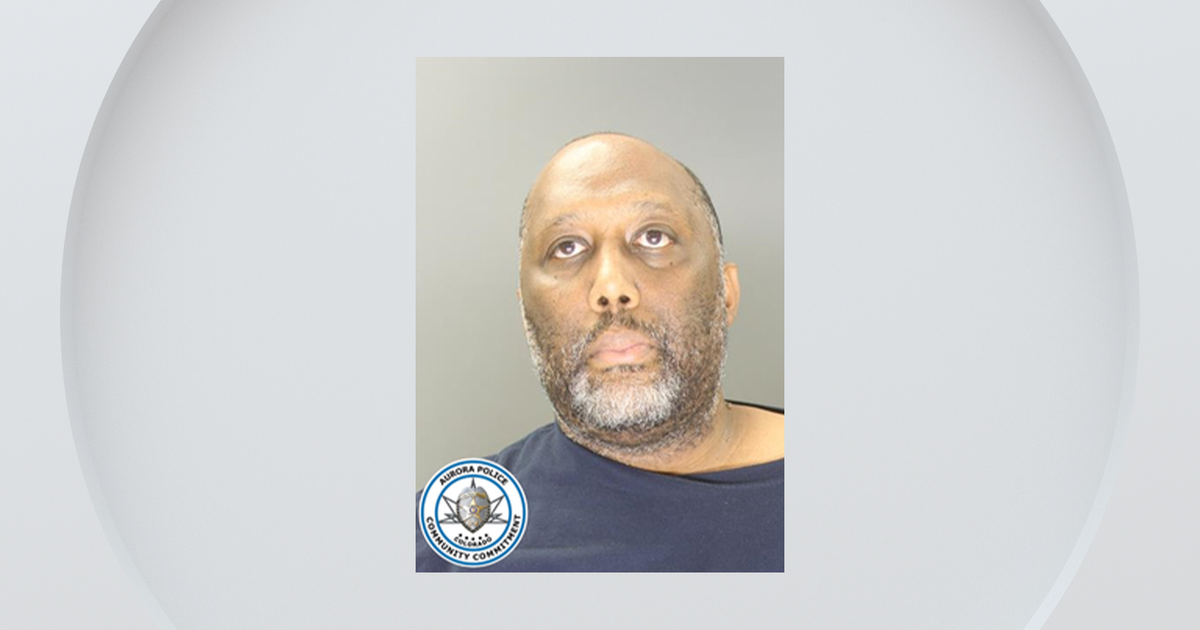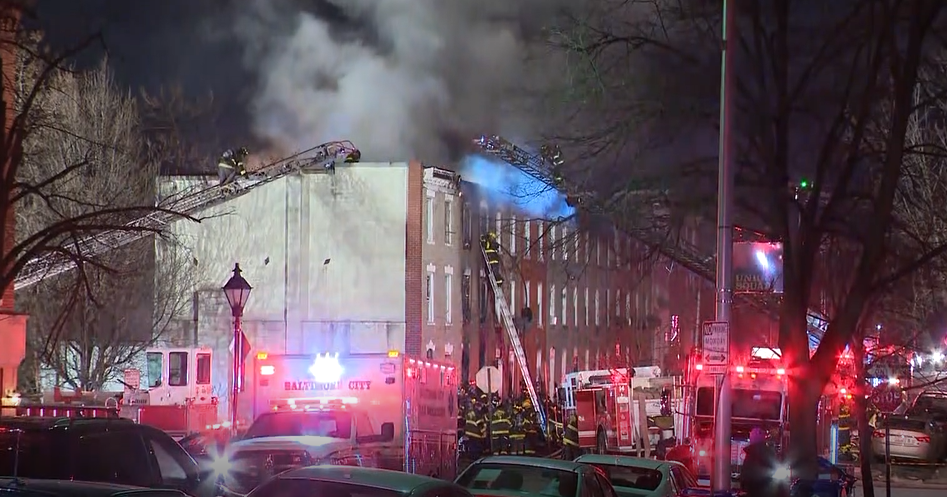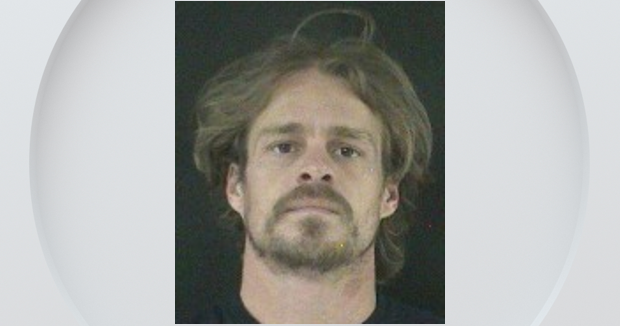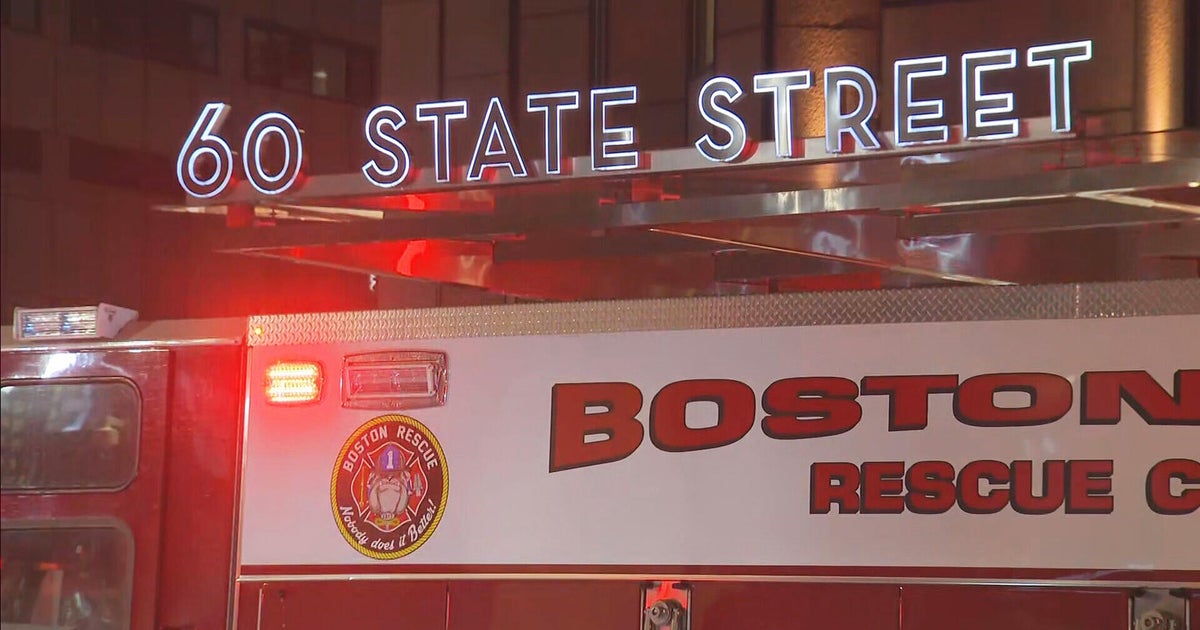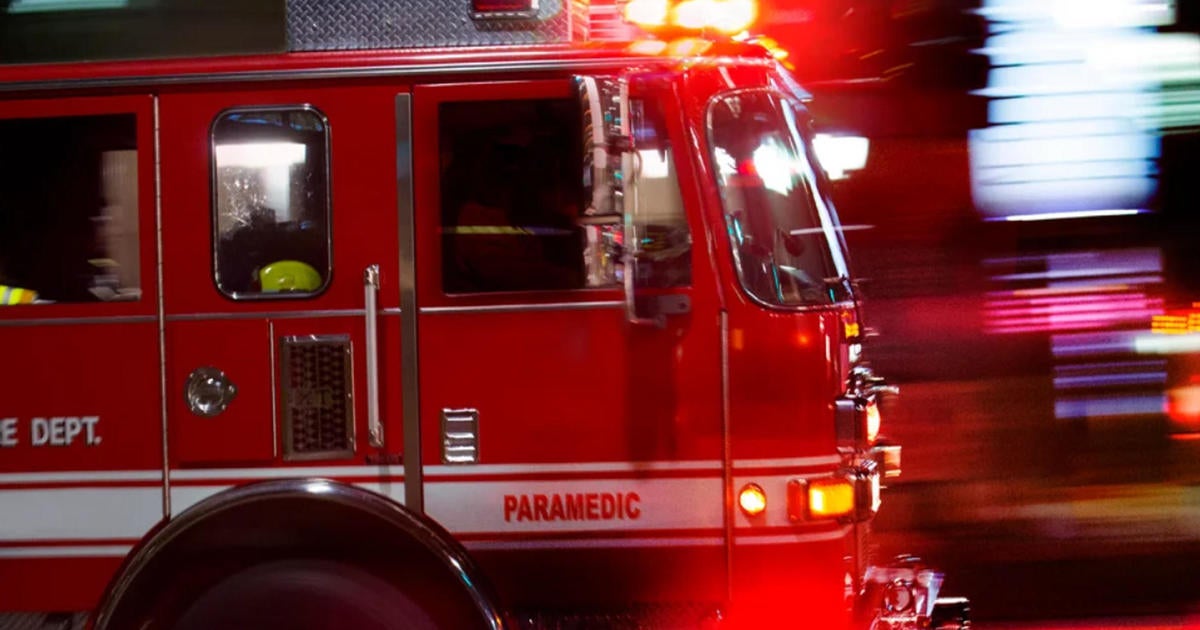Boston EMS Fires Paramedic For Tampering With Drugs
BOSTON (CBS) - A former Boston paramedic is now the target of a criminal probe, accused of tampering with painkillers and narcotics he was supposed to be giving to patients in his ambulance.
City health officials say it happened during a six week stretch in the summer of 2011, while the paramedic was working for Boston EMS.
"I'm not going to answer any specific questions about it," says Dr. Barbara Ferrer, Director of the Boston Public Health Commission. "It might jeopardize the criminal investigation."
What we do know is that the paramedic was yanked from his post more than a year ago, amid allegations he tampered with morphine, fentanyl, lorazepam and midazolam on his ambulance.
Why it has taken so long for city health officials to go public with this case isn't clear.
During the last 48 hours or so, 57 patients he cared for back then have received phone calls and letters, offering them free HIV and Hepatitis screenings – even though officials doubt he has either.
"We have no evidence this paramedic has any such infections," says Dr. Anita Barry with the Boston Public Health Commission. "Besides, the risk of infection is tiny in this scenario."
Officials stress this scandal is nothing like the one at New Hampshire's Exeter Hospital involving David Kwiatkowski, the medical technician now accused of infecting some 31 patients with hepatitis C by injecting them with syringes he had just used on himself.
Boston EMS officials sought to reassure citizens, saying this is the outfits first drug tampering case in its 135 year history.
"We feel pretty confident we now have safeguards in place that will keep this from happening again," says EMS Chief James Hooley.
Boston Mayor Tom Menino insisted the rogue paramedic was an isolated case, and should not reflect on the other 350 paramedics and EMT's who work for the city.
"One individual does not ruin an entire agency," the mayor argued. "Boston EMS is probably the best service in the country."
Morphine has now been removed from the city's advanced life support ambulances – partly because of this case – and partly because it was seldom used.
Officials admit they have identified seven patients who died at the hospital after being transported by this paramedic, but insist the deaths were clearly caused by their critical injuries or ailments – not tainted meds.
They also point out that the 57 patients receiving notices now represent a fraction of one percent of the 17,000 patients Boston EMS carried during that six week stretch.
The public health director openly worries about the fallout from this scandal.
"Some people might lose confidence in a service that saves lives," says Dr. Ferrer. "That would be beyond a shame."
